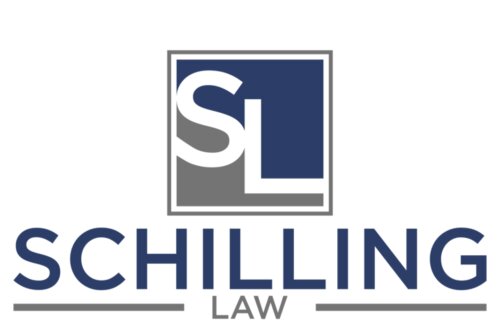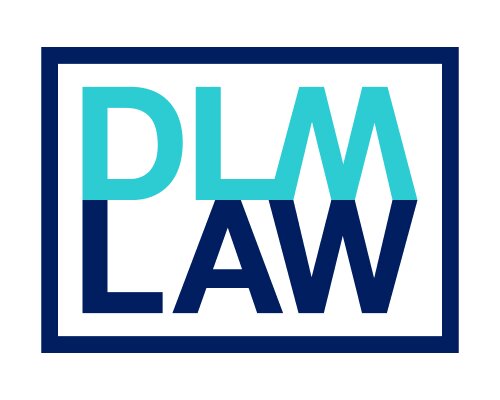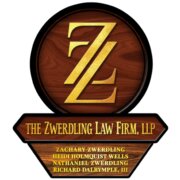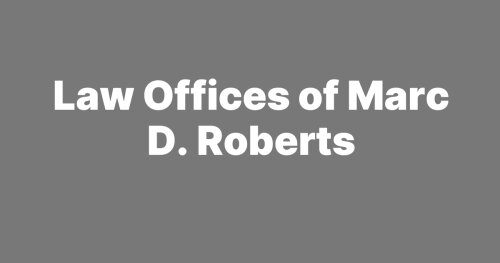Best Appeal Lawyers in Kansas
Share your needs with us, get contacted by law firms.
Free. Takes 2 min.
Or refine your search by selecting a city:
List of the best lawyers in Kansas, United States
About Appeal Law in Kansas, United States
Appeal law in Kansas refers to the legal process through which a party can request a higher court to review and potentially change the outcome of a lower court’s decision. Appeals are not new trials, but instead focus on whether legal errors were made during the initial proceedings. In Kansas, both civil and criminal matters can generally be appealed, provided that specific procedures and timelines are followed. The appeals process involves detailed legal arguments, often centered on whether the law was correctly interpreted or applied by the trial court.
Why You May Need a Lawyer
Navigating the appeals process can be complex, which is why many people seek the assistance of an experienced attorney. Common situations where legal help is recommended include:
- Losing a case and suspecting a legal or procedural error occurred.
- Receiving a criminal conviction and wishing to challenge the verdict or sentence.
- Facing family court decisions involving child custody, support, or property division.
- Disputing civil judgments, such as those related to contracts, property, or personal injury.
- Government decisions affecting licenses, benefits, or permits.
Appeals require strict adherence to legal rules, deadlines, and the preparation of persuasive written arguments, all of which can be challenging without specialized knowledge.
Local Laws Overview
In Kansas, the appellate process is governed by state statutes and court rules. Key points to know include:
- The main appellate courts are the Kansas Court of Appeals and the Kansas Supreme Court.
- Most appeals from district courts first go to the Kansas Court of Appeals.
- An appeal must generally be filed within 30 days of the final judgment.
- Appellate courts primarily review the record from the trial court and the parties’ legal arguments.
- New evidence usually cannot be introduced during an appeal.
- Common grounds for appeal include errors in the application of the law, procedural mistakes, or issues with evidence admissibility.
- A higher court may affirm, reverse, modify, or remand the original decision for further proceedings.
Frequently Asked Questions
What is an appeal?
An appeal is a legal request for a higher court to review a lower court’s decision for potential errors of law, not to retry the case.
How soon must I file an appeal in Kansas?
You generally have 30 days from the date the final judgment is entered to file a notice of appeal, but certain cases may have different timelines.
Can I present new evidence on appeal?
No, appellate courts review only the evidence and record from the trial court. New evidence is not considered.
Do I need a lawyer to file an appeal?
While not legally required, hiring a lawyer is highly recommended due to the complexity of appellate procedures and the importance of strong legal arguments.
What will the appellate court consider?
The appellate court typically considers legal briefs, the trial court record, and sometimes oral arguments to determine if there were errors in the initial proceeding.
What can happen if I win my appeal?
If you win, the appellate court may reverse the decision, order a new trial, modify the original order, or send the case back to the lower court for additional proceedings.
Can every court decision be appealed?
Not all decisions are immediately appealable. Usually, only final judgments and certain orders can be appealed. Some interlocutory or temporary orders may not be eligible for appeal.
How long does an appeal take?
The duration varies, but most appeals take several months to over a year, depending on the court’s docket and the complexity of the case.
What happens if I miss the appeal deadline?
Missing the filing deadline can result in losing your right to appeal. Limited exceptions may apply, but they are rare.
Is the appeal process the same for criminal and civil cases?
While the general process is similar, there are specific rules and procedures that may differ between criminal and civil appeals in Kansas.
Additional Resources
If you need more information about appeals in Kansas, you can consult the following resources:
- Kansas Judicial Branch - for forms, rules, and information about the appellate courts.
- Local bar associations - many provide referral services to experienced appellate attorneys.
- Law libraries - local law libraries offer resources and guidance on legal research relevant to appeals.
- Kansas Legal Services - offers legal aid and self-help resources for eligible individuals.
Next Steps
If you believe you may have grounds for an appeal or are involved in an appellate matter, consider the following steps:
- Review the court’s judgment or order to determine if it is appealable.
- Take note of all deadlines, as missing them can forfeit your appeal rights.
- Gather all records, documents, and information from the original case.
- Consult an experienced Kansas appellate attorney to assess your case and represent you if needed.
- Ensure all paperwork is filed correctly and on time, following the court’s rules for appeals.
- Stay in communication with your attorney and follow up regularly on the progress of your appeal.
Legal appeals can be challenging and stressful, but with the right support and information, you can navigate the process effectively. Seeking professional legal advice is often the best way to protect your rights and interests during an appeal in Kansas.
Lawzana helps you find the best lawyers and law firms in Kansas through a curated and pre-screened list of qualified legal professionals. Our platform offers rankings and detailed profiles of attorneys and law firms, allowing you to compare based on practice areas, including Appeal, experience, and client feedback.
Each profile includes a description of the firm's areas of practice, client reviews, team members and partners, year of establishment, spoken languages, office locations, contact information, social media presence, and any published articles or resources. Most firms on our platform speak English and are experienced in both local and international legal matters.
Get a quote from top-rated law firms in Kansas, United States — quickly, securely, and without unnecessary hassle.
Disclaimer:
The information provided on this page is for general informational purposes only and does not constitute legal advice. While we strive to ensure the accuracy and relevance of the content, legal information may change over time, and interpretations of the law can vary. You should always consult with a qualified legal professional for advice specific to your situation.
We disclaim all liability for actions taken or not taken based on the content of this page. If you believe any information is incorrect or outdated, please contact us, and we will review and update it where appropriate.
Browse appeal law firms by city in Kansas
Refine your search by selecting a city.
















